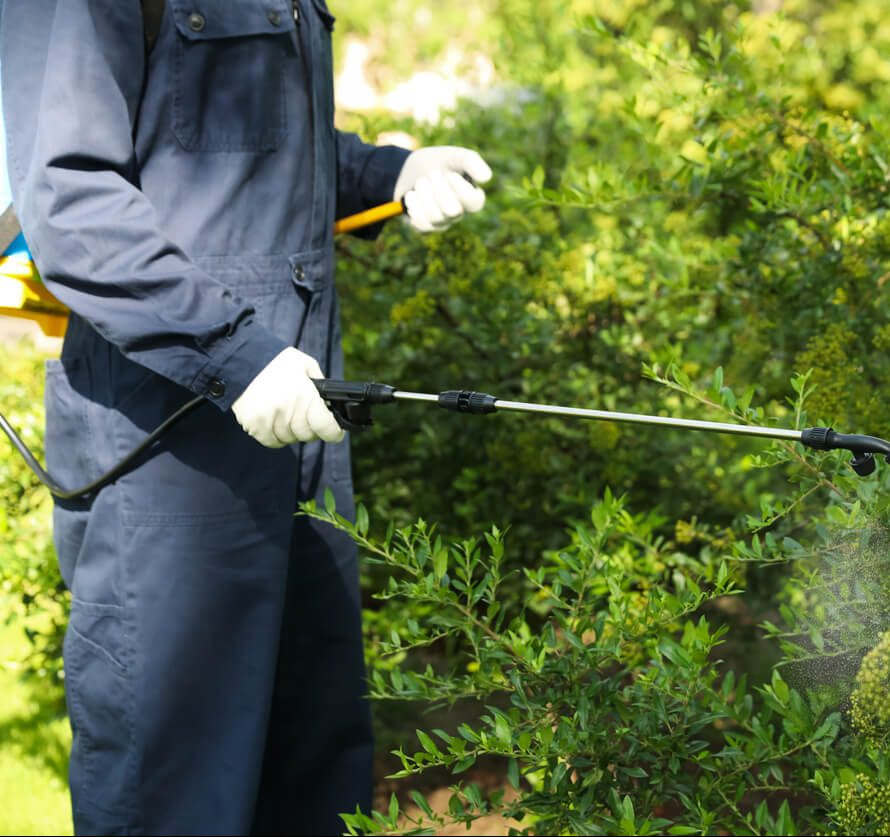New California Law Triggers Review for Highly Toxic Paraquat Weed Killer
Editors carefully fact-check all Consumer Notice, LLC content for accuracy and quality.
Consumer Notice, LLC has a stringent fact-checking process. It starts with our strict sourcing guidelines.
We only gather information from credible sources. This includes peer-reviewed medical journals, reputable media outlets, government reports, court records and interviews with qualified experts.

California has ordered a review of paraquat, meaning that the pesticide could have its registration suspended in this key agricultural state in the coming years.
Governor Gavin Newsom signed a bill into law last week that sets a January 2029 deadline for the California Department of Pesticide Regulation to reevaluate paraquat. According to the Fresno Bee, the CDPR will decide at that time to either maintain, suspend or cancel paraquat’s registration.
Paraquat is highly toxic, and research has connected it to both long-term and short-term health concerns. The Environmental Protection Agency has warned that even one small sip of the pesticide could be fatal, and several countries have banned the pesticide.
Plaintiffs have filed thousands of paraquat lawsuits, claiming that long-term exposure to the pesticide can lead to the development of Parkinson’s disease, which is a neurological condition. Paraquat is a neurotoxin that can cause nerve injuries.
The new California law is an effort to protect farmworkers and those in communities with frequent paraquat use. According to the Guardian, most of the paraquat used in California is employed in predominantly Latino counties. 1.2 million pounds were sprayed across Kern County alone.
Numerous Weed Killers Linked to Serious Health Issues in Recent Years
While over 5,800 lawsuits involving paraquat are active in multidistrict litigation, it is far from the only weed killer that plaintiffs have accused of causing adverse health effects.
Similar litigation is underway against Roundup, the popular weed killer sold for decades by Monsanto. Lawsuits have claimed that the company failed to warn of risks associated with the use of Roundup, including the possible development of non-Hodgkin lymphoma.
In January, a Philadelphia jury awarded $2.25 billion to John McKivison after he claimed that decades of using Roundup caused his cancer. A judge later reduced that verdict to $400 million. A Missouri jury awarded a similar verdict for $1.56 billion in November 2023, which was later slashed to $611 million.
Bayer, who owns Monsanto, has been pushing for the ongoing Roundup litigation to be settled by the Supreme Court.
More recently, the EPA issued an emergency order in August to halt the use of Dacthal, also known as DCPA.
The order, which had been the first of its kind in decades, pertained to concerns that DCPA could negatively impact fetal thyroid development if pregnant people are exposed to it. Lawyers have begun to investigate potential DCPA lawsuits.
Editor Lindsay Donaldson contributed to this article